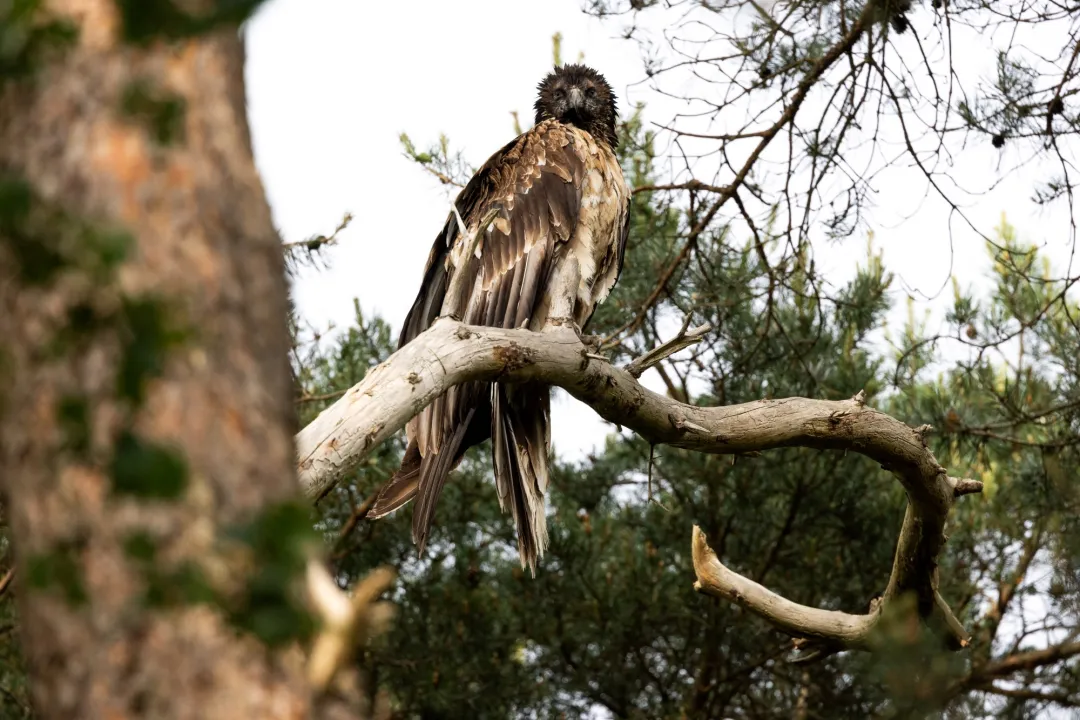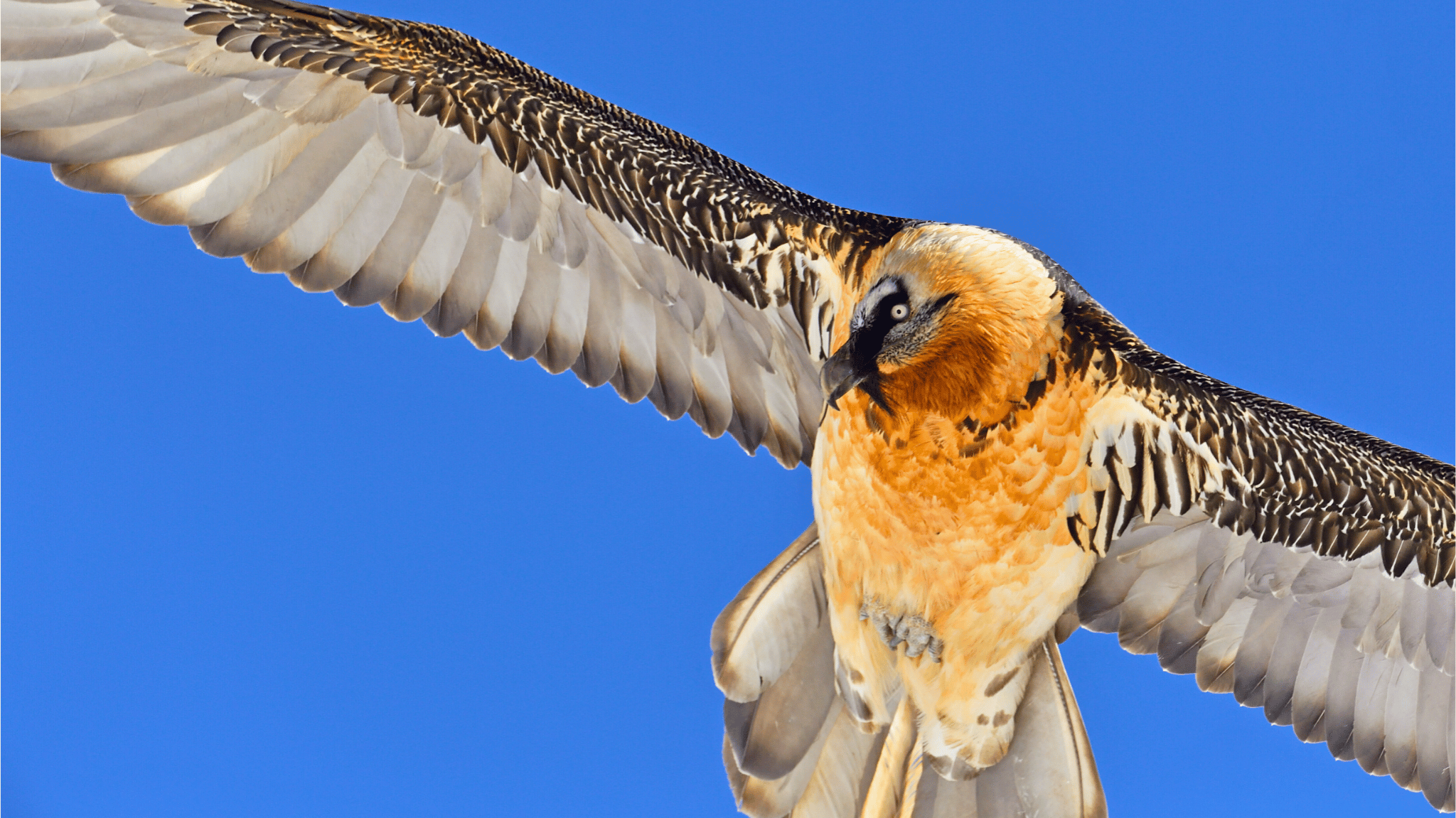The VCF manages the captive-breeding stock of bearded vultures for reintroduction, under a remit from EAZA – the European Association of Zoos and Aquaria. This network is at the base of the successful reintroduction projects ongoing in the Alps (where last season we had a record breaking year), Andalusia (now with two breeding pairs already in the wild), Grands Causses and Corsica. Further in 2018 depending on the breeding results a new project will start in Spain: the Maestrazgo- Els Port reintroduction project, located between Andalusia and Pyrenees.
But managing this network – that includes several specialized captive-breeding centers and many zoos, brings a lot of veterinary and animal husbandry challenges.
One such challenge occurred this summer, when 4 of our captive bearded vultures suffered a West Nile Virus infection. Three of them died subsequently, through a secondary aspergillosis (fungus) infection. The fourth is in treatment, and slowly improving but he shows still some symptoms (imbalance problems and lack of pupillary reaction by one eye).
On August 4 birds, two fledglings at the Richard Faust specialized captive breeding center in Austria, and two adult birds at the captive-breeding center in Vallcalent (Spain) started to show abnormal behavior, hanging the head and the wings. Additionally, the young birds were sitting most of the time on the ground. One adult bird at Vallcalent also showed respiratory dyspnea. All birds still reacted when someone entered the aviary, and particularly the adult male was difficult to catch him. Nevertheless, in the beginning of September the three birds that never showed respiratory problems suddenly died and the necropsy showed a severe aspergillosis infection of the air sacks. Thanks to the Lab analysis it was determined that the birds were infected by a West Nile Virus strain which provoked an immunodeficiency, and died finally because of a secondary aspergillosis infection. The fourth adult bird is receiving a symptomatic treatment: anti-inflammatory (Meloxidyl), Antibiotic (Baytril) and antimycotic (Voriconazol) with liver protector.
West Nile Virus does occur in Europe and may affect wild and captive birds. This is not the first time that captive bearded vultures die because of West Nile, but during the last seven years we had no losses. During the years 2008-2010 one bird died each year due to West Nile in the Austrian breeding center. Two of them showed again an aspergillosis infection and the third a bacterial fibrinous to diphtheroid enteritis. Again, all three had died in the end of August-beginning September – indeed the vectors of this virus infection are mosquitos and the appearance of this disease matches with the high peak of mosquito presence (July/August). This teach us that if any bird dies in this period of the year a West Nile analysis has to be done. At that time blood samples were compiled from the whole bearded vulture stock and all showed antibodies against West Nile, confirming that the species can become immunized against this virus.
The VCF strives to produce every year as many fledglings as possible to increase the number of birds released in the wild – last year we reached a record, 18 in total! However, these losses to West Nile represent a serious threat for our bearded vulture breeding program and its associated reintroduction projects. The VCF is compiling information about West Nile, and is interested to receive any new information about this viral infection by birds, and therapy/prophylaxis – please contact a.llopis@4vultures.org



